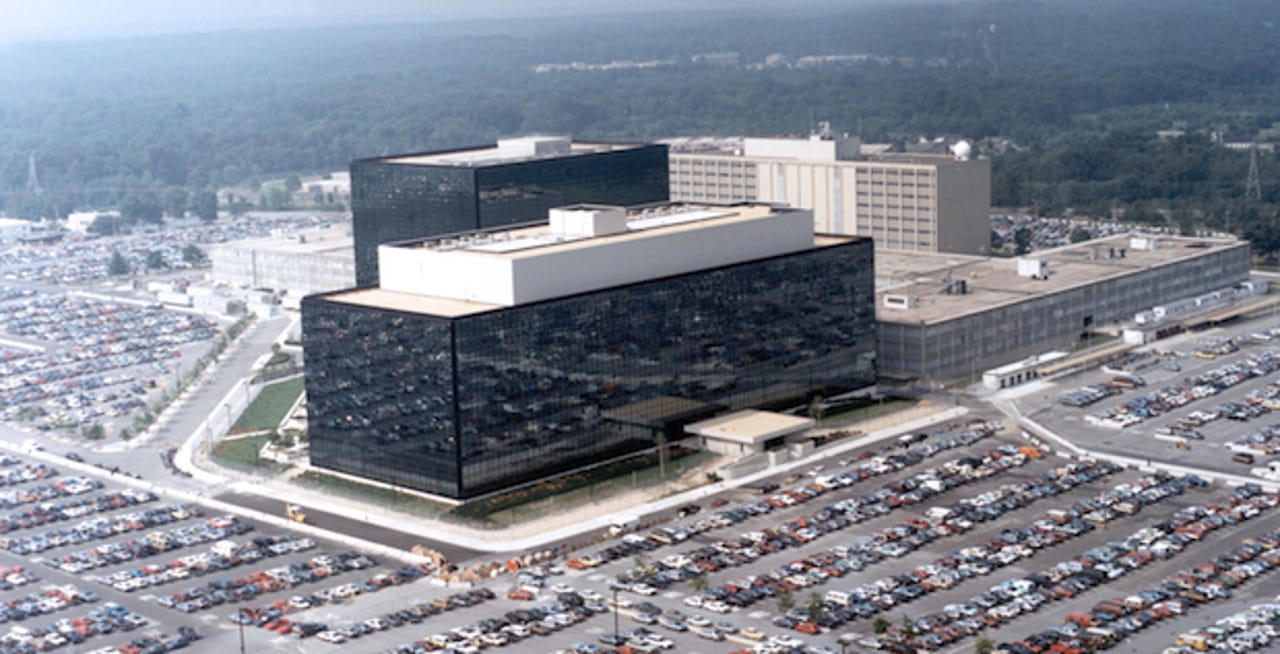Congressman denies report claiming NSA can listen to calls without warrants


Update at 2:50 a.m. ET on June 17: This ZDNet article has been amended several times following Rep. Nadler's latest comments casting doubt on CNET's original story. (Author's note: The wording of the previous sentence was changed as in my opinion it was unnecessarily inflammatory. I personally regret the confusion.) In a statement to our sister site, Nadler said: "I am pleased that the administration has reiterated that, as I have always believed, the NSA cannot listen to the content of Americans’ phone calls without a specific warrant." We've left the amended article (after the update below) intact for transparency, but corrected the headline.
Update at 10:20 p.m. ET on June 16: The U.S. Director of National Intelligence James Clapper released a statement, debunking the claims. "The statement that a single analyst can eavesdrop on domestic communications without proper legal authorization is incorrect and was not briefed to Congress," the statement read.
Update at 11:55 p.m. ET on June 15: There appears to be some conflicting reports over the exact wording of Nadler's remarks. There is also a video on C-SPAN (the exchange begins around the 46:00 mark) but it remains unclear if this is the exchange CNET first referenced. CNET specifically said, at the time of writing, that Nadler was told "during a secret briefing to members of Congress" this week. We've updated the story in a couple of places, and amended the headline, but much of the article remains the same.
Analysts at the U.S. National Security Agency not only sift through the metadata associated with your calls — they also have the ability to listen in on conversations in real time, according to a report.
The news, which was first reported by sister site CNET's Declan McCullagh, cited Rep. Jerrold Nadler (D-NY) who was told during a briefing to members of Congress that phone calls could be listened to "simply based on an analyst deciding that."
It comes just over a week after U.S. President Barack Obama stated: "Nobody is listening to your phone calls."
Nadler was also allegedly told that the NSA does not seek legal authorization from a court to allow its analysts and staff to listen in on calls, even U.S. domestic calls. And, because the same laws that apply to phone calls also include emails, instant messages, and text messages, it is possible that contents of Internet communications could also be accessed under the same premise.
Senate Intelligence committee chairperson Sen. Dianne Feinstein (D-CA) confirmed on Thursday, according to the report, that a court order is not necessary for the NSA to search its call data database that it collects under secret orders from major U.S. telecom firms.
Feinstein also said: "To look at or use the content of a call, a court warrant must be obtained," indicating that though a court order is required, the NSA does in fact collect the audio contents of calls.
Claims made in a video by Edward Snowden, the whistleblower who leaked documents to The Guardian newspaper in London, that he could "wiretap anyone from you or your accountant to a federal judge to even the president" may prove accurate.
It also comes a month after former FBI counter-terrorism agent Tim Clemente disclosed to CNN that under certain investigations relating to the protection of national security, his former employer could access call records and contents of those calls.
"All of that stuff is being captured as we speak whether we know it or like it or not," he claimed.
The NSA has faced extreme criticism and controversy over the past two weeks following leaks to U.S. and U.K. newspapers claiming that the intelligence agency had "direct access" to seven named companies, including Apple, Facebook, Google, and Microsoft.
These claims were retracted by The Guardian and The Washington Post after the companies one after the other strenuously denied that the NSA could tap into their servers.
CNET notes that, though this whole NSA scandal began with the leaking of a Foreign Intelligence Surveillance Court (FISC) order, authorized under its namesake law which forced Verizon to hand over all tangible things to the agency, this latest twist in the ongoing surveillance saga does not relate to that order.